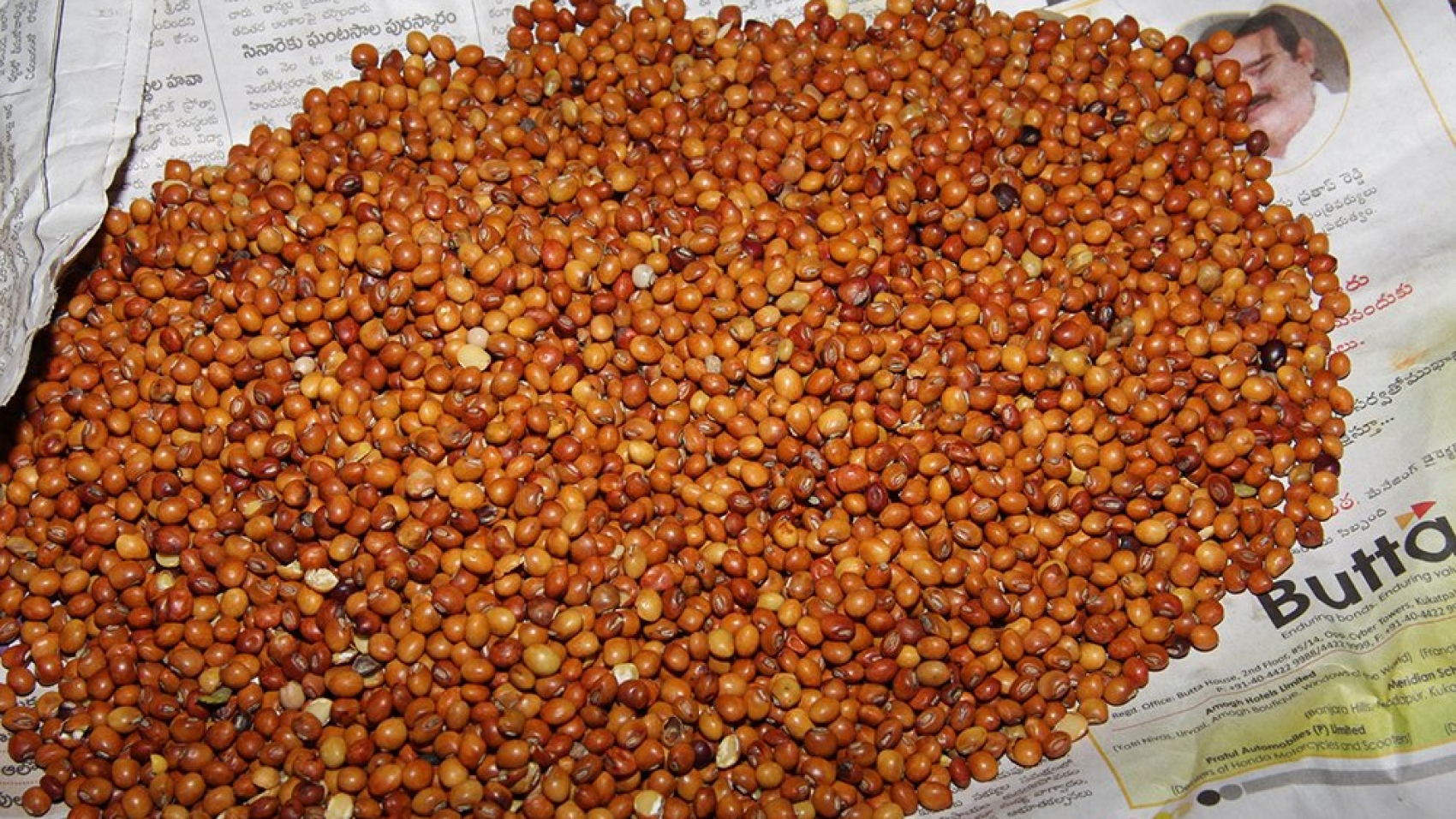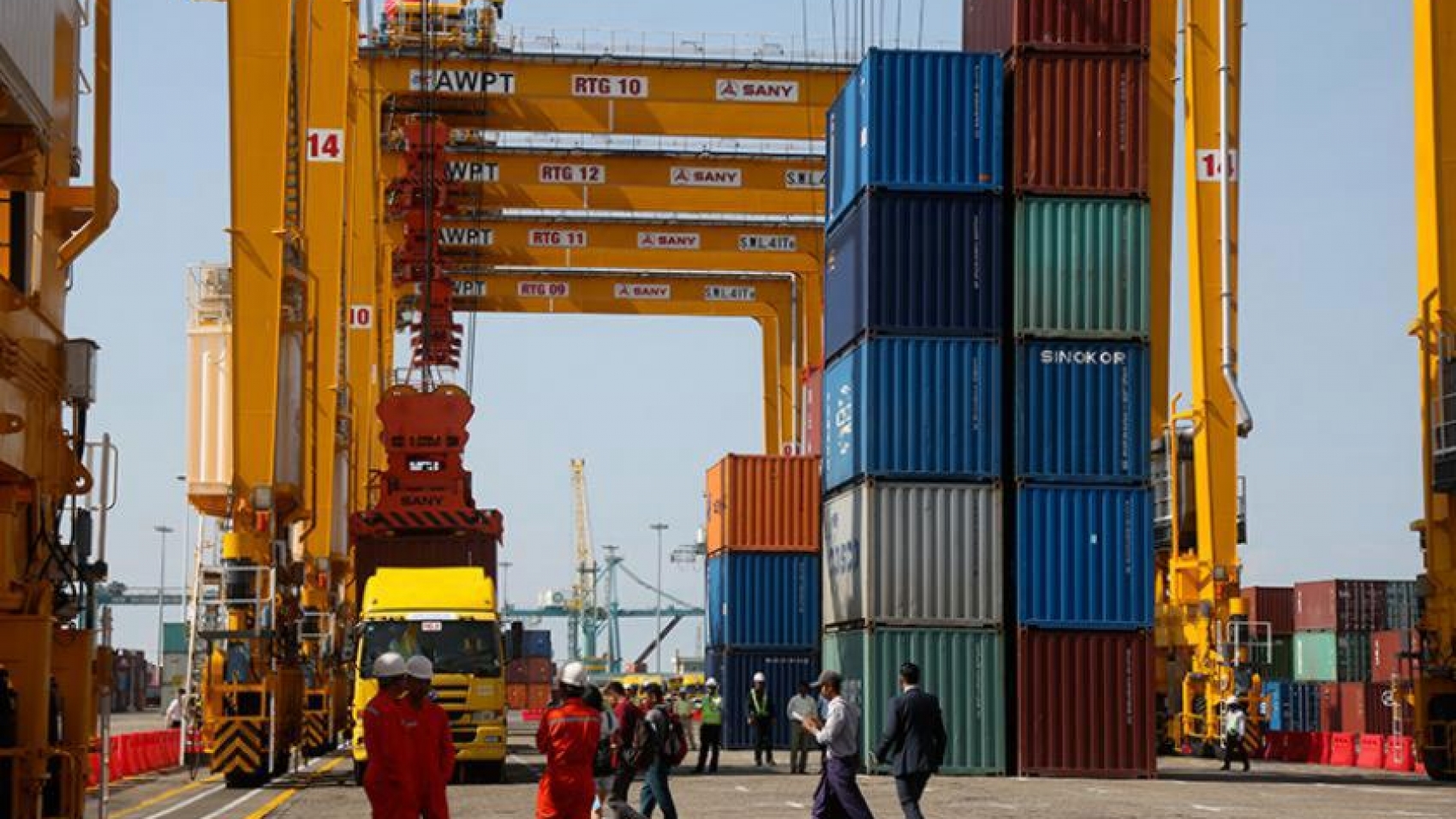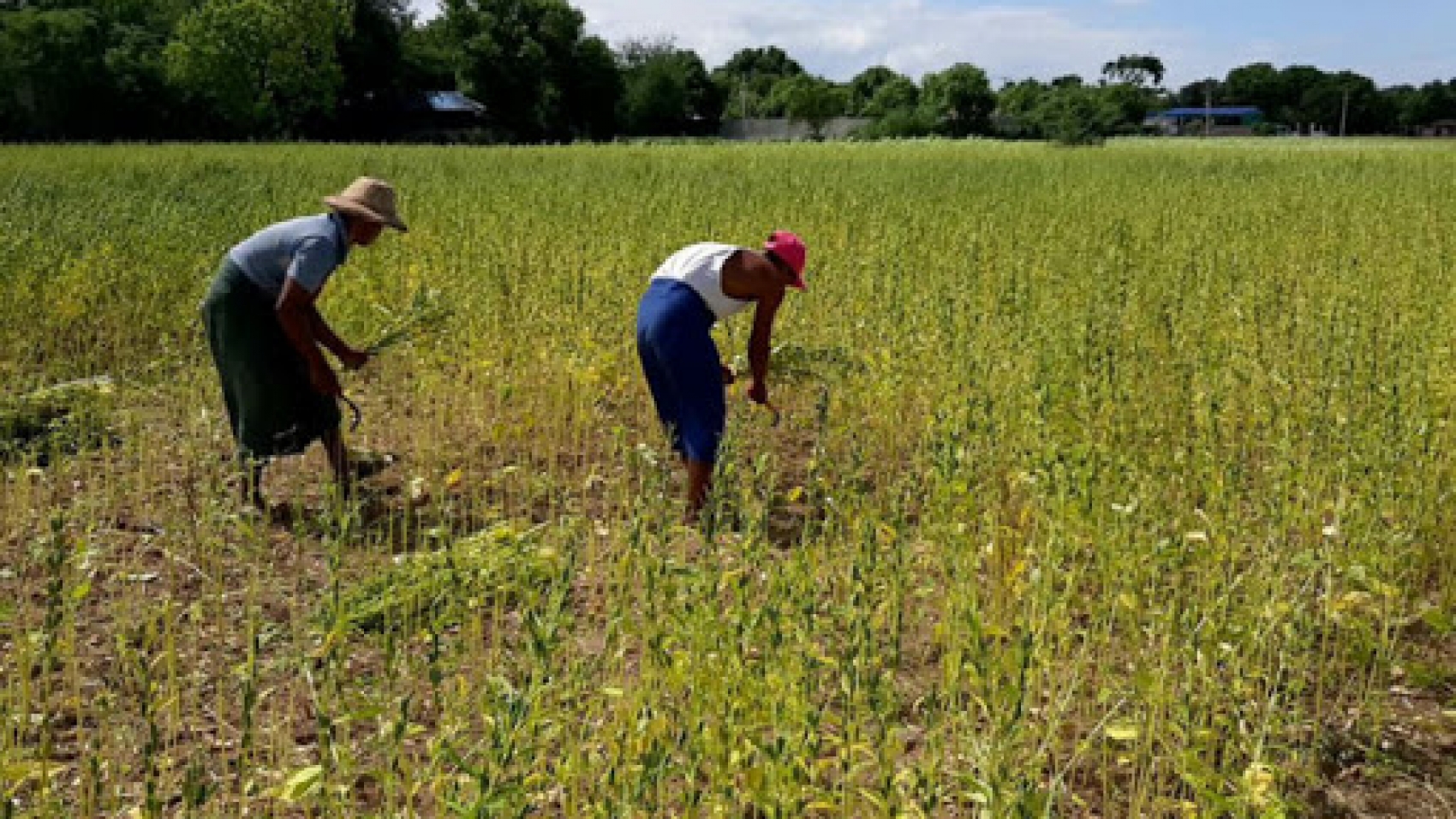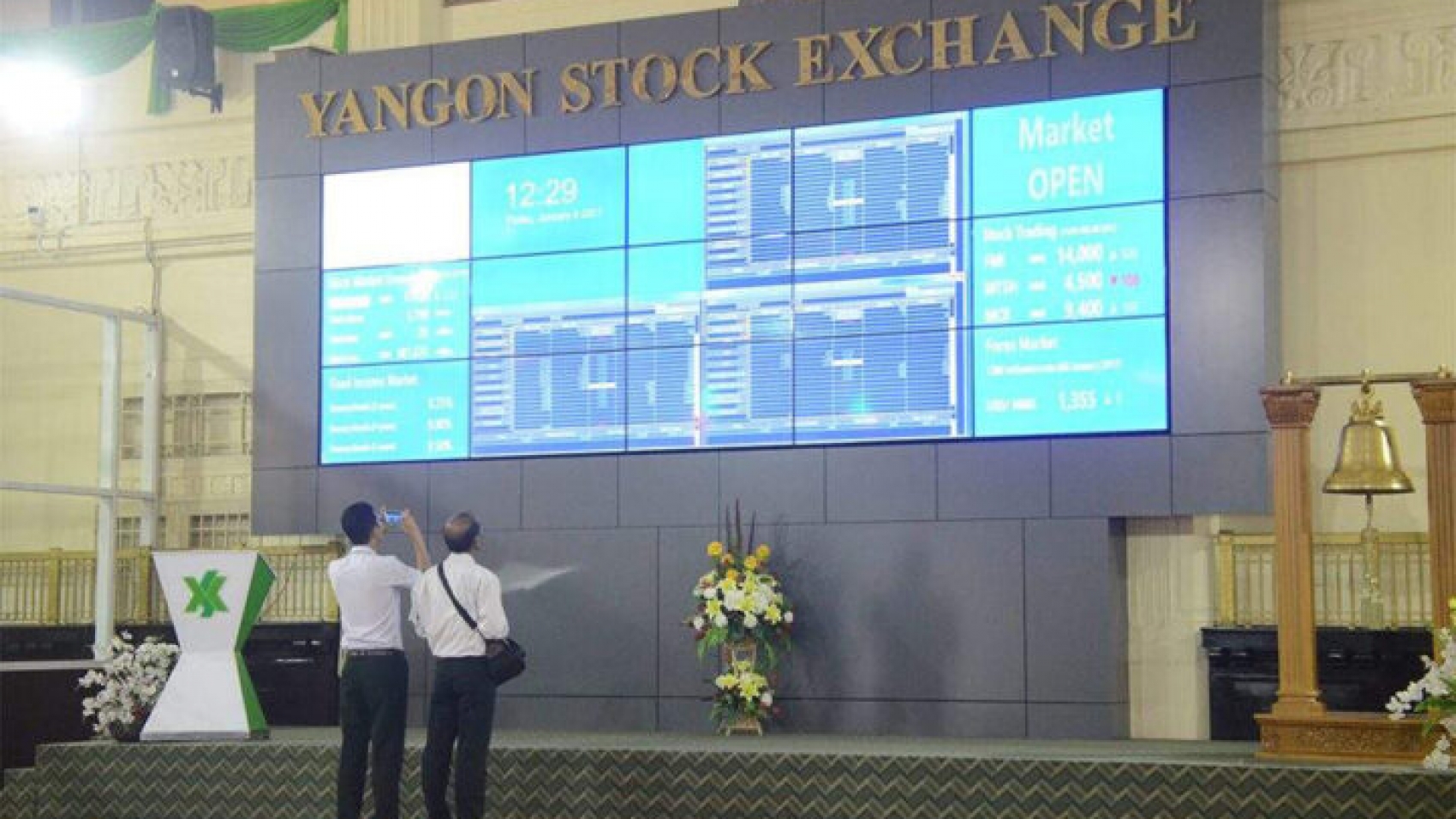Foreign investors have purchased 4,460,060 shares of First Myanmar Investment (FMI) on the Yangon Stock Exchange (YSX) as of November-end, holding 13.47 per cent of shares, according to statistics released by the exchange. The upper limit for foreign shareholding amount is at 14 per cent with 4,635,357 shares. The foreign investors are about to reach the limit for shareholding, and consequently, the status of buy order acceptance is suspended on 1 December 2020.
The Securities and Exchange Commission of Myanmar (SECM) has allowed foreigners to invest in the local equity market from 20 March 2020. The foreign shareholding amount stood at 4,509,475 shares of three listed companies on the exchange as of November-end. At present, shares of six listed companies — First Myanmar Investment (FMI), Myanmar Thilawa SEZ Holdings (MTSH), Myanmar Citizens Bank (MCB), First Private Bank (FPB), TMH Telecom Public Co. Ltd, and Ever Flow River Group Public Co., Ltd (EFR) — are available for local investors for trading. Of them, FMI, MTSH, TMH and EFR accepted foreign shareholding, and FPB is for block trade only. The foreign shareholding ratio of the companies on the exchange, except FMI, is less than one per cent.
As of November-end, foreigners hold over 4,460,060 shares of FMI, over 38,520 shares of MTSH, 4,405 shares of TMH and 6,490 shares of EFR. The SECM, under the Ministry of Planning and Finance, issued a notice on 12 July 2019, announcing that foreigners would be allowed to invest in shares listed on the YSX. After opening bank and securities accounts, an investor can send buying/selling orders under the stock trading rules stipulated in the Trading Business Regulations, the SECM notified. Senior Executive Manager U Thet Htun Oo of the Yangon Stock Exchange highlighted, at the seminar held last year, how foreign participation would entail better capital inflows, long term and sustainable investment, encourage good corporate governance, and support market orientation.
Regarding the share trading, the foreign investors must strictly comply with the rules stipulated by the Central Bank of Myanmar.
The security companies will monitor the daily trades of foreigners, in keeping with the rules and regulations, so that they do not exceed the limit set for each listed company. Under Section 42 (a) of the Securities and Exchange Law and Section 4 of the Trading Participant Business Regulations, the YSX has granted trading qualifications to the following securities companies — Myanmar Securities Exchange Centre Co. Ltd. (MSEC), KBZ Stirling Coleman Securities Co. Ltd.
(KBZSC), CB Securities Limited (CBSC), AYA Trust Securities Co. Ltd. (AYATSC), KTZ Ruby Hill Securities Co. Ltd. (KTZRH), and UAB Securities Limited (UABSC). Investors have to send their buy or sell orders to the YSX through the securities companies who have been issued a licence by the SECM as well as a trading qualification by the YSX, according to the stock exchange. The YSX was launched three years ago to improve the private business sector. It disseminates rules and regulations regarding the stock exchange and knowledge of share trading through stock investment seminars. The stock exchange has also sought the government’s support to get more public companies to participate in the stock market and help more institutional investors, such as financing companies, investment banks, and insurance companies, to emerge. Amid the COVID-19 crisis, Myanmar’s securities market has been able to continue operating without stopping trading.
Source- The Global New light of Myanmar





